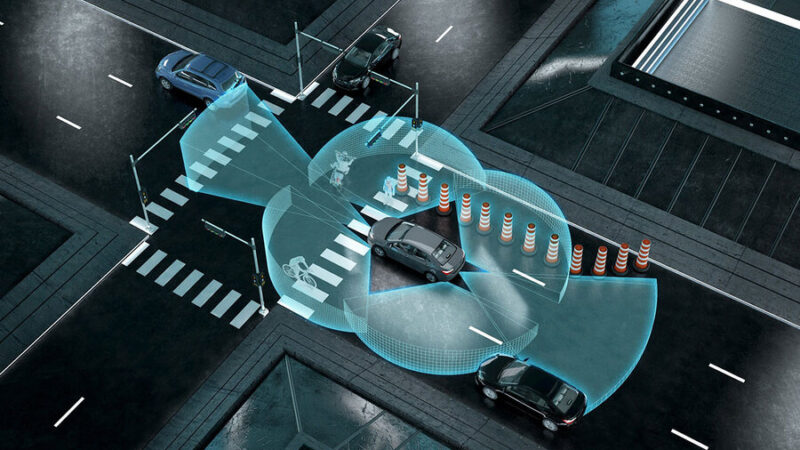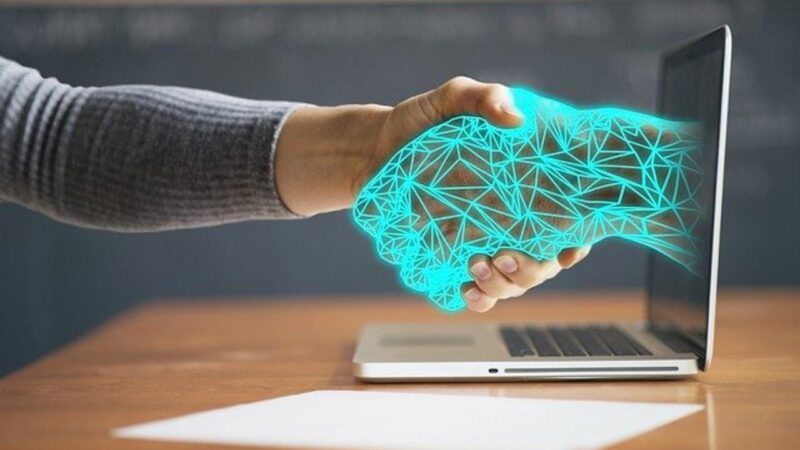How Has Technology Impacted Society: A Comprehensive Analysis

Introduction
In the ever-evolving landscape of the 21st century, technology has become an indispensable part of our lives. From smartphones that we carry in our pockets to the complex algorithms that power our social media feeds, technology has permeated every aspect of our society. In this article, we will explore the profound impact that technology has had on our lives, from communication and education to healthcare and entertainment.
The Evolution of Communication
One of the most significant ways technology has impacted society is by revolutionizing communication. In the past, people relied on letters, telegrams, and landline phones to stay in touch with loved ones. Today, we have the power to connect with anyone, anywhere in the world, instantly, thanks to smartphones and the internet.
The rise of social media platforms like Facebook, Twitter, and Instagram has fundamentally changed the way we interact. We can share our thoughts, photos, and experiences with a global audience in real-time. However, this technological advancement has also raised concerns about privacy and the spread of misinformation, highlighting the need for responsible digital citizenship.
Education in the Digital Age
Technology has also transformed the field of education. Traditional classrooms are no longer the sole source of knowledge, as online learning platforms and educational apps offer flexible and accessible learning opportunities. Students can access lectures, textbooks, and interactive resources from the comfort of their homes.
Moreover, technology has expanded the horizons of education through virtual reality (VR) and augmented reality (AR). These immersive technologies allow students to explore historical sites, travel through the human body, or even simulate complex scientific experiments, enhancing the learning experience. However, the digital divide remains a challenge, as not all students have equal access to these resources.
The Healthcare Revolution
The healthcare sector has witnessed a revolution thanks to technology. Medical advancements such as telemedicine and wearable health devices have made it easier for patients to receive care and monitor their health. Telemedicine allows doctors to consult with patients remotely, eliminating the need for physical visits in many cases.
Additionally, wearable devices like smartwatches and fitness trackers can track vital signs, providing valuable data to both patients and healthcare professionals. Artificial intelligence (AI) is also playing a significant role in diagnosis and treatment, analyzing vast amounts of medical data to identify patterns and suggest personalized treatment plans.
Entertainment in the Digital Age
Technology has redefined the entertainment industry in ways we could not have imagined a few decades ago. Streaming platforms like Netflix, Amazon Prime, and Disney+ have revolutionized the way we consume content. We can now binge-watch our favorite shows and movies at our convenience, without the constraints of traditional television schedules.
Gaming has also been transformed by technology. The rise of esports, virtual reality gaming, and cloud gaming services like Google Stadia have created new avenues for entertainment. Gamers can now compete on a global scale and experience immersive worlds that were once the stuff of science fiction.
Challenges and Concerns
While technology has brought about numerous benefits, it has also introduced several challenges and concerns. One of the most pressing issues is the digital divide. Not everyone has equal access to technology and the internet, creating disparities in education, healthcare, and economic opportunities. Bridging this divide remains a critical societal goal.
Privacy is another major concern. With the constant collection of data through smartphones, social media, and online services, there is a growing need for robust data protection and privacy regulations. Ensuring that individuals have control over their personal information is essential in the digital age.
Moreover, technology addiction is a real issue. Excessive screen time, especially among young people, can have adverse effects on mental health and social relationships. Balancing the benefits of technology with its potential negative consequences requires careful consideration.
Conclusion
In conclusion, technology has had a profound impact on society, transforming the way we communicate, learn, receive healthcare, and entertain ourselves. While it has brought numerous benefits, such as greater connectivity and access to knowledge, it has also introduced challenges like the digital divide, privacy concerns, and technology addiction.
As we continue to embrace and integrate technology into our lives, it is crucial to address these challenges and ensure that technology serves as a force for positive change. By doing so, we can harness the full potential of technology to improve society and create a brighter future for all.







